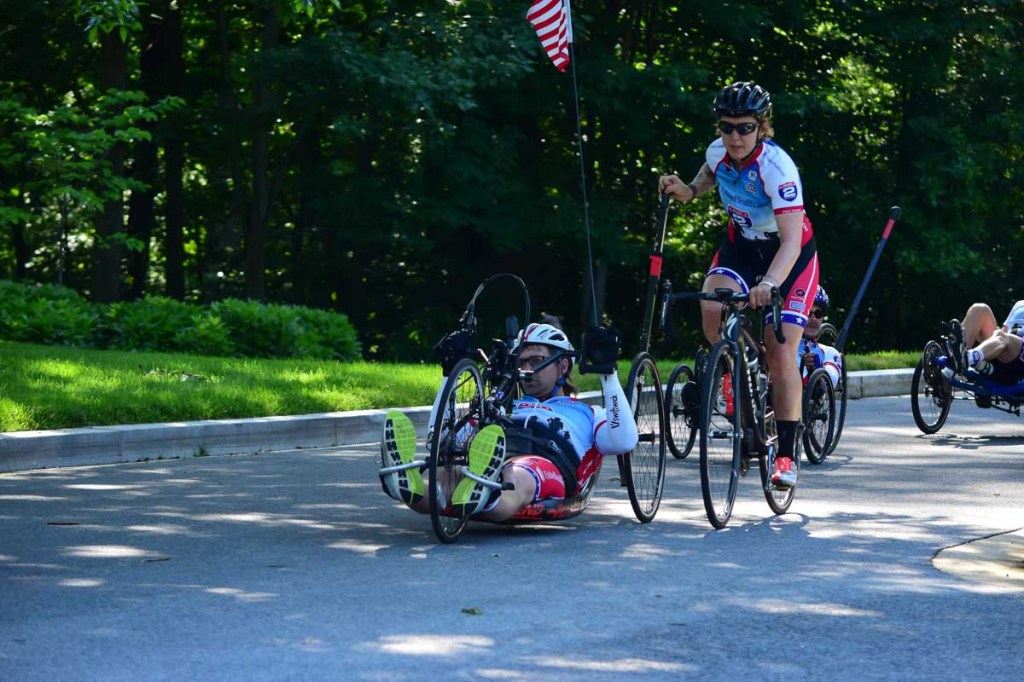Cycling program helps heal veterans
Published 10:45 am Monday, July 27, 2015

- The Ride 2 Recovery 2015 Memorial Challenge took place May 26. Participants rode over 300 miles from Washington, DC to Virginia Beach, VA.Photos provided R 2 Recovery: by J. Stivers.
Jason Denny has a bullet in his leg from a 2004 service-related injury, and he was struggling to recover until he discovered cycling.
Denny, an Air Force veteran, was pushed into cycling challenges – riding great distances with a team just because – less than two years after his injury.
“I still can’t articulate my ankle,” Denny said. “Training for these events helped keep me focus and kept my mind off my leg.”
Now, 10 years later, he’s coordinating a program, the first of its kind in Oklahoma, to help other veterans recover from service-related injuries through cycling.
Ride 2 Recovery’s Project HERO Oklahoma, a program dedicated to healing veterans through bicycling, went live July 22. Project HERO — Healing Exercise Rehabilitation Opportunity — has helped veterans recover from injuries like Denny’s. It helps veterans overcome lost limbs, traumatic brain injuries and post-traumatic stress disorder through cycling.
When Denny started his training several years ago, he was taking countless medications, such as mood stabilizers, sleep medication and pain medication.
“I couldn’t sleep well. I was having nightmares,” Denny said. “But about a year after I started training, I was able to stop taking those medicines.”
The Oklahoma chapter of the project is in its infancy. But Denny has already recruited 14 other veterans from Northeastern Oklahoma to train and participate in challenges. Project HERO Oklahoma is partnering with the officials at the VA Regional Office in Muskogee to provide Oklahoman veterans the opportunity to cycle.
Some of the veterans he has recruited, already avid cyclists, will serve in training and support roles to help wounded veterans get going on a bicycle. Denny and Muskogee resident Kevin Watson will attend specialized training in Utah to learn how to train veterans with all sorts of disabilities.
Watson, an infantry veteran who served in California, joined the effort from his personal recovery on a bicycle, losing nearly 150 pounds through bicycling.
“I didn’t lose any limbs or anything like that, I’m just super motivated,” Watson said. “I used to be 345 pounds and now I’m around 160. It’s just given me a whole new lease on life.”
Watson, though he is not recovering from a service-related injury, joined the cause because of his experience, seeing how transformative it can be. The goal is to treat the wounds from service – both seen and unseen – with hard work, teamwork and camaraderie.
“What we try to do is challenge our healing heroes,” Denny said. “What we found out is that exercise is a great way for (veterans) to recover from their wounds, whether they are physical or internalized.”
Right now, Denny and Watson are looking for more volunteers and veterans to participate in the program. They hope to train all their fellow veterans to ride bicycle challenges across the United States.
Grimwood writes for The Muskogee (Okla.) Phoenix




